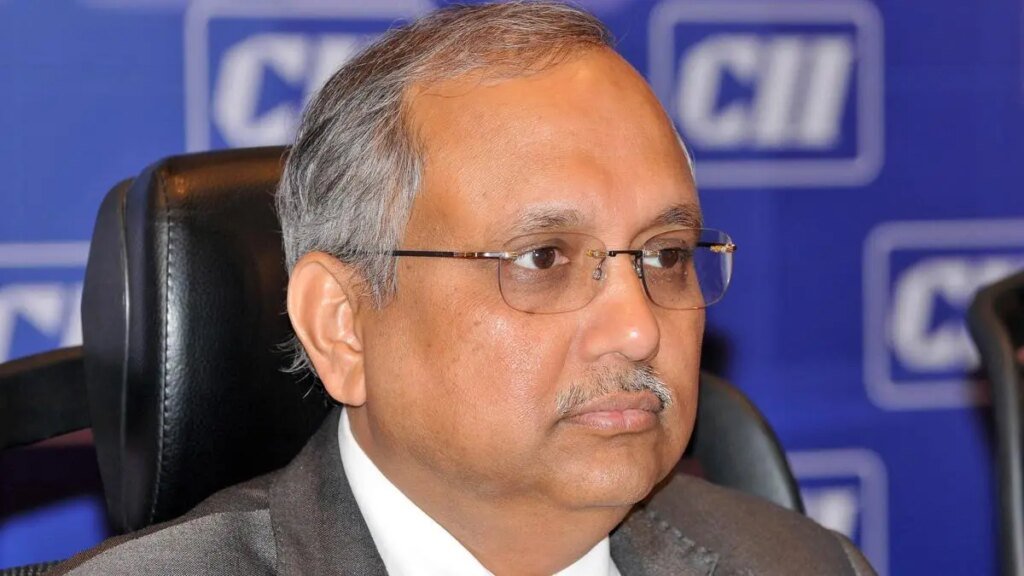India-UK free trade pact to reduce import costs, increase trade, generate employment: Modi

British Prime Minister Sir Keir Starmer and the Prime Minister Narendra Modi, shake hands after delivering a statement to the press at Raj Bhavan, in Mumbai
| Photo Credit:
STEFAN ROUSSEAU VIA REUTERS
The India-UK free trade agreement, signed in July 2025, will bring down import costs, increase trade benefitting both industries and consumers, and generate new employment opportunities for the youth, Prime Minister Narendra Modi has said.
UK Prime Minister Keir Starmer’s visit to India within a few months of signing the free trade pact — officially the Comprehensive Economic and Trade Agreement (CETA) — with a 126-member business delegation, symbolises the increased energy in the India-UK partnership, Modi said in a joint statement with Starmer in Mumbai on Thursday.
Starmer, who is on an official two-day visit to India, said the signing of the free trade deal was a “breakthrough moment” and his visit was about doubling down on the potential of the pact for the benefit of both sides.
“With this agreement, (CETA), the import cost between the two countries will come down, new employment opportunities will be generated for the youth, trade will increase and this will benefit our industries and consumers. Your visit to India within just a few months of signing the agreement, with the biggest business delegation ever accompanying you, is a symbol of the new vigour in India-UK partnership,” Modi said following his bilateral meeting with Starmer.
The India-UK CETA, which is likely to be implemented sometime next year after the UK Parliament ratifies it, is expected to double bilateral trade to about $115 billion by 2030 and boost the GDP of both countries.
Starmer said the two countries were together creating a new modern partnership focused on the future and availing the opportunities and we are doing it together.
“That is why we struck the UK-India Comprehensive Economic and Trade Agreement (CETA) in July, a breakthrough moment – years in the making, slashing tariffs, increasing access to each other’s markets to drive growth and create jobs for our people and making life in both our nations. Beyond the words of the page of the agreement, is the spirit of the confidence that it has given to our two great countries to work even more closely together, something which we have seen during the course of this visit here,” Starmer said at the joint press statement event.
Starmer expressed confidence about India fulfilling the vision of `Viksit Bharat’ of making the country completely developed by 2047. “Everything I have seen since I have been here is absolute proof to me that you are on track to succeed in that. We want to be partners on that journey. My visit this week is about doubling down on the potential of our trade deal for the benefit of all of us. That’s why I have brought a record 126 British businesses with me to India this week…,” he said.
Modi noted that in the current era of global instability, the growing partnership between India and UK has been an important base for global stability and economic progress. “In the meeting today, we discused Indo-Pacific, peace and stability in West Asia and Ukraine conflict. On the issues of Ukraine conflict and Gaza, India supports all efforts for peace through dialogue and diplomacy. In Indo-Pacific region, we are committed to increasing maritime security,” he said.
The free trade pact will lead to the UK eliminating tariffs for India on about 99 per cent of tariff lines. Agriculture, food processing, seafood, textiles, engineering goods, electronics, footwear and gems & jewellery are some of the sectors that are expected to gain significantly.
India agreed to give tariff-free access to the UK on 85 per cent of its tariff lines spread over ten years. UK sectors to gain substantially include whisky and liquor, automobiles, advanced manufacturing and agri-food products, such as fresh and frozen salmon and cod, and lamb, chocolates, biscuit and soft drinks, as well as cosmetics and toiletries.
Published on October 9, 2025



